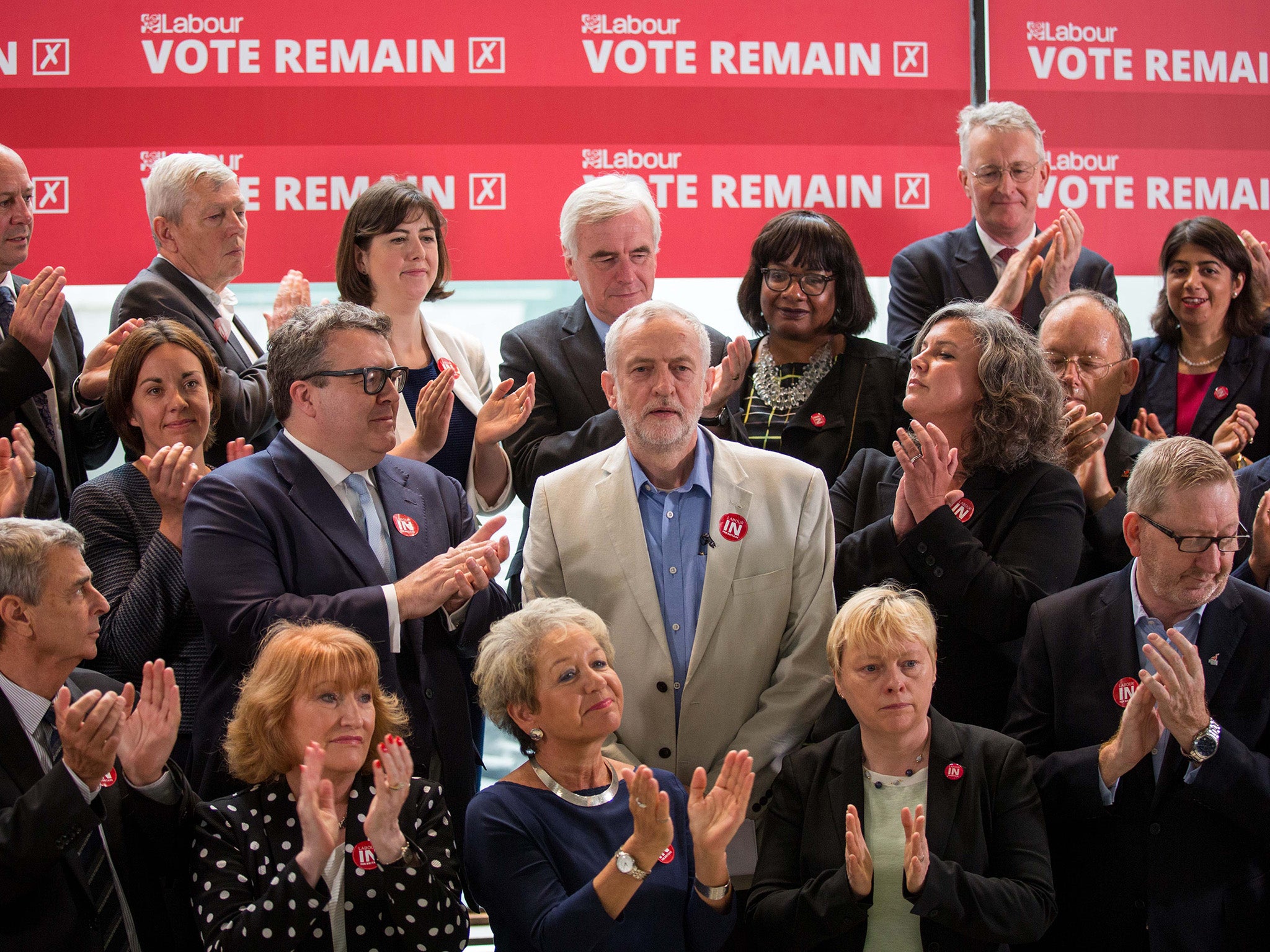The real prospect of a general election is on the horizon - and Labour must respond properly
Corbyn and his allies should now seriously consider his position. If he doesn't, he may leave Labour split, as well as defeated and irrelevant, with yet more unknowable consequences for our democracy

It is a small but telling indication of the political nervous breakdown that has overtaken Britain recently that the Labour Party cannot even find a Scottish Labour MP to be shadow Scottish Secretary. Admittedly, that is a job of vanishingly tiny significance against the vacancy at Number 10 Downing Street, the disappointing vacuum that is the leadership of Jeremy Corbyn, or the UK having an EU Commissioner, let alone Britain's lonely broken future. But it does symbolise that the next year in British politics will need to resolve the very many fundamental questions now in front of us.
Most urgent is finding fresh leadership for the Labour Party. So acute is the crisis that there are reports that deputy leader Tom Watson had to consider cutting short his unofficial visit to Glastonbury – which tells us all we need to know about Labour's stunted ambitions and chaotic management.
We can never know what would have happened in the parallel world where Mr Corbyn had thrown himself bodily into the European scrap, joining David Cameron on platforms, and putting his enthusiasm at rather more than “seven and a half” out of 10. The Labour leader’s fastidiousness was a mistake, though, because he let down his supporters so badly – especially the young idealists who supported his coup last year.
We knew even during the referendum campaign that basing Labour's case for Europe on a couple of employment directives on workers' rights was not sufficient to rise to the occasion. Now the frustrations of the shadow foreign secretary Hilary Benn, and much of the shadow cabinet, have spilled out into open revolt.
Mr Corbyn may well fall back on the loyalty of his party's membership and the unions, and that may even still hold for longer than felt likely in the early hours of Sunday morning. But it would leave Labour with very little to offer the voters at a general election that could yet be held in a matter of mere months.
Labour is already at such a low ebb it is difficult to see it losing much more ground. But it is perfectly possible that it could sink further towards a quarter or a fifth of the vote, leaving the Tories to win again by default.
The real prospect of that happening – a result of Labour's failure to connect with its disaffected core vote, as well as the middle ground – is why Mr Corbyn and his allies should now seriously consider his position. If he doesn't, he may leave Labour split, as well as defeated and irrelevant, with yet more unknowable consequences for our democracy.
Though Labour’s travails have eclipsed those of the Conservative party over the weekend, we must not forget that it is not just the political parties but the country that is left rudderless at this difficult moment in our history. Mr Corbyn’s critics warning of the descent towards a single party state, the question of who will replace David Cameron by October is more pertinent than whether the Labour leader can, or will, be toppled.
Favourite as he is, and bouncing out of his audacious Brexit campaign, Boris Johnson is not an inevitable successor, still less is he the inevitable outright winner of a subsequent general election. Even so, we can see now that the Tories will be able to find a leader, and that leader will be able to fill their front bench, which is more than can be said for the official opposition.
Which leaves the other parties, who potentially fill some of these vacuums. Principled and lively as Tim Farron is, the Liberal Democrats are far from recovered from their near-death experience at the polls last year. Mr Farron is very smart to grab the lifeline the referendum has given to him as an unambiguously pro-EU cheerleader. Impractical or not, that positioning may well attract appalled and disenchanted pro-Europe Tory and Labour supporters. But if they doubled their parliamentary strength, they would be bit-part players even in another coalition.
One thing all of these politicians must do is put a clear vision to the British people and to our European partners of what our new relationship with the EU should be. Noises from Germany suggest a bespoke "Associate Membership" could be offered, a suggestion that should be seized upon. That, in truth, is something that could be put to the country as an alternative to the exiting membership. The mechanics of that would be challenging, but at least it would be a clearer choice than Britain has just been faced with.
Join our commenting forum
Join thought-provoking conversations, follow other Independent readers and see their replies
Comments